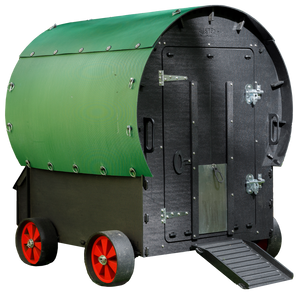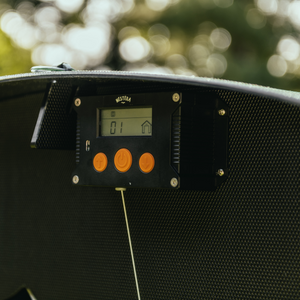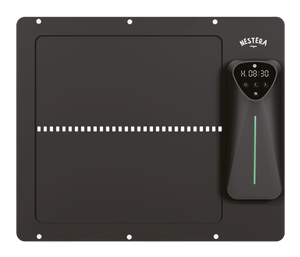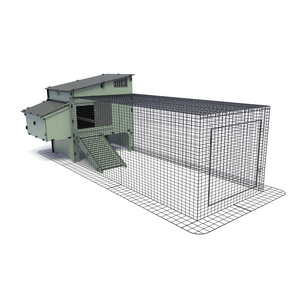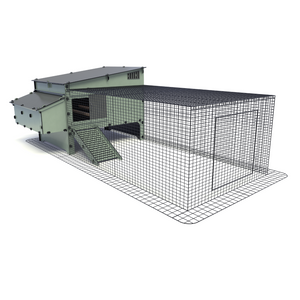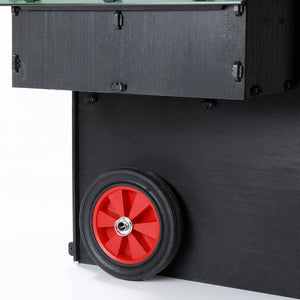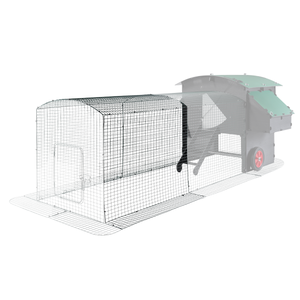Locking chickens in a new coop for several days used to be a common method to train them to see it as home. However, as our understanding of animal welfare has improved, this practice is no longer considered ideal.
Why All-Day Confinement Is a Problem

Keeping chickens shut in the coop during the day can cause unnecessary stress—especially for new birds already adjusting to a new environment. Coops are not designed to house birds during daytime hours.

The heat generated by multiple birds, combined with rising outdoor temperatures, can quickly make the coop uncomfortable or even dangerous. In addition, food and water inside the coop often become contaminated or run out, increasing the birds' stress and discomfort.
A Kinder, More Effective Method
The best way to train chickens to use a coop is to place them inside at night and let them out in the morning. This helps them gradually associate the coop with safety and sleep, without the distress of prolonged daytime confinement.
Keep them in a small enclosed run during the day for the first few days. This makes it easier to guide them back into the coop at dusk. When night falls, gently herd or lift them into the coop if they don’t go in on their own.
After a few nights, most chickens will learn to return to the coop on their own at sunset.
Key Takeaways
-
Avoid daytime confinement—it's stressful and unsafe in warm conditions.
-
Use a small run to ease training and ensure easy rounding-up at night.
-
Place birds in the coop at dusk for several days to build the habit.
-
Be patient—most chickens will naturally adapt within a few nights.




